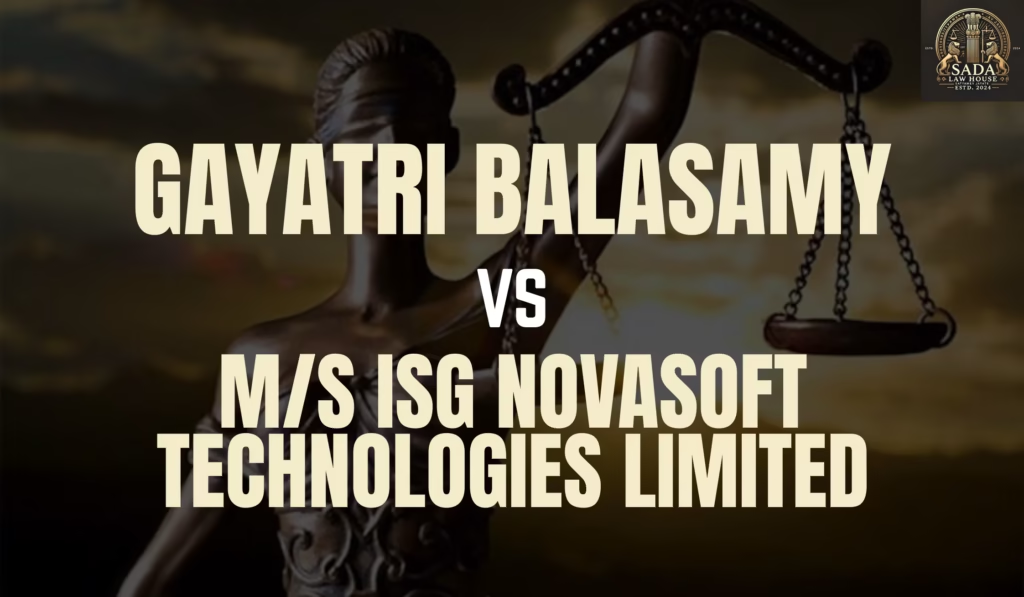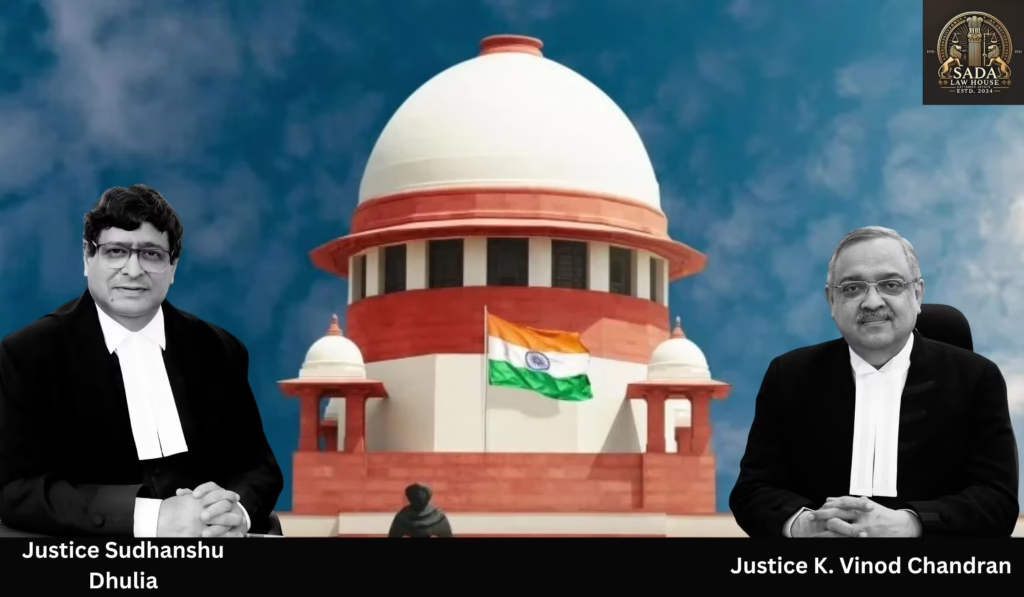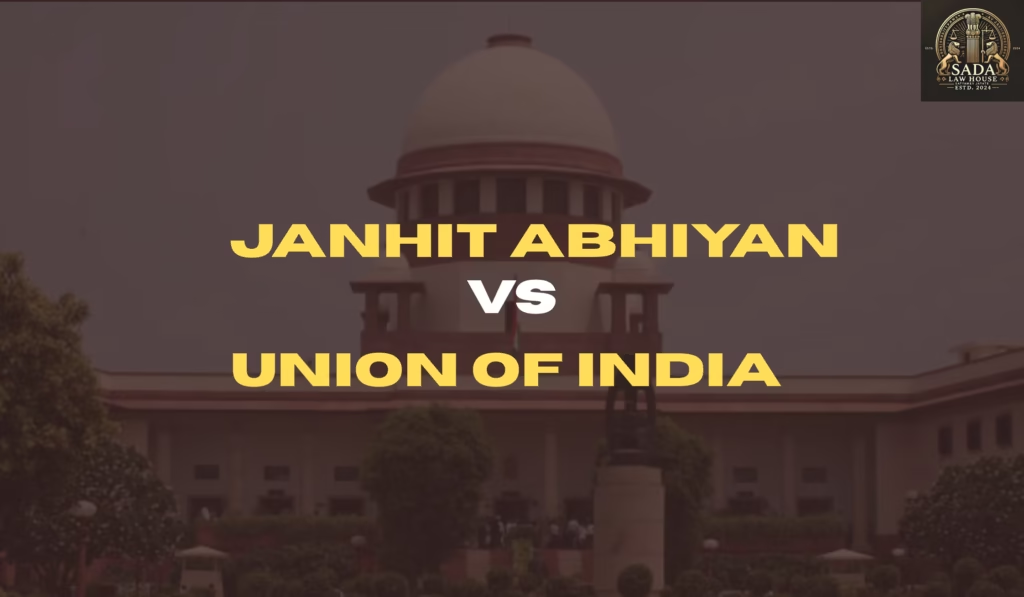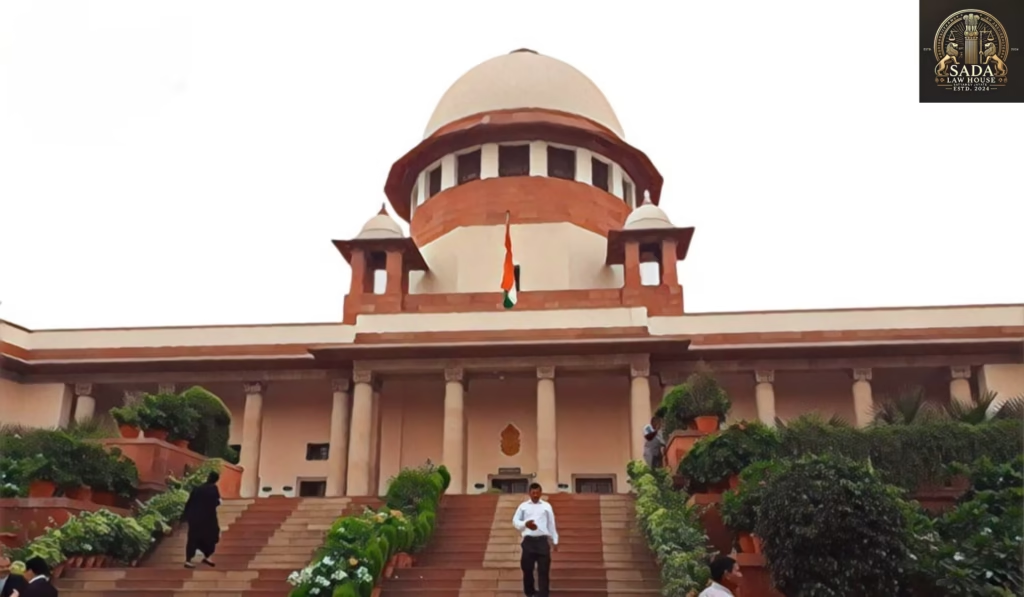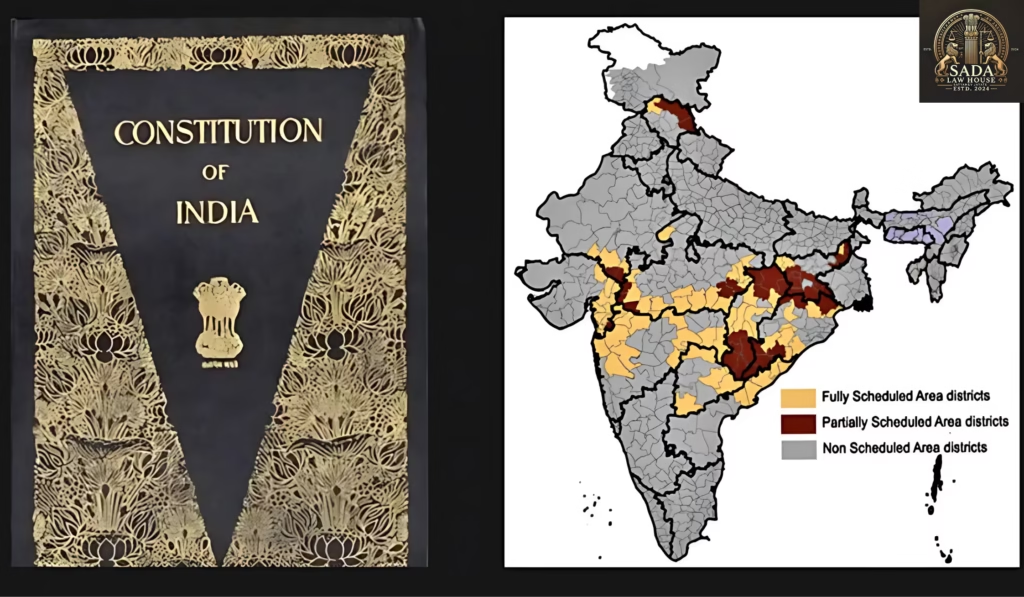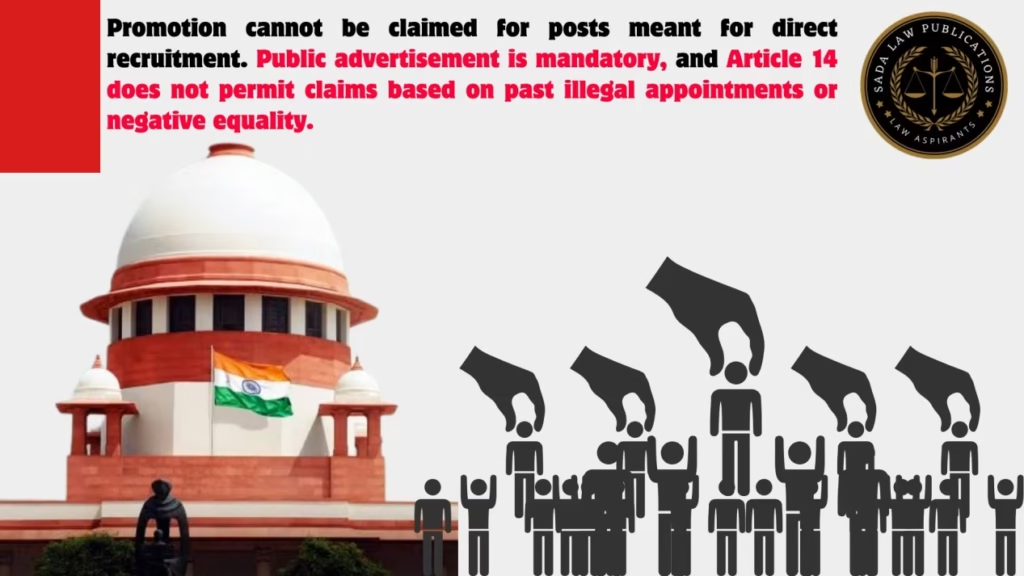Supreme Court on Modification of Arbitral Awards Under Sections 34 and 37: Gayatri Balasamy v. ISG Novasoft Explained
Trending Today Supreme Court on Modification of Arbitral Awards Under Sections 34 and 37: Gayatri Balasamy v. ISG Novasoft Explained Supreme Court Rules Only Vaishnav Sampradaya Members Can Be Receivers of Mathura Temples Rajasthan High Court Flags Lack of Law for Coaching Centers Amid Surge in Student Suicides in Kota Punjab & Haryana High Court Warns Litigant Over Contemptuous Remarks Against Judges in Maya Devi Will Case Allahabad High Court Upholds Survey Order in Sambhal Masjid Case, Says Hindu Plaintiffs’ Suit Is Maintainable Karnataka High Court Declares Power Subsidy Denial to Farmer Societies Unconstitutional, Upholds Cooperative Farming Rights India Imposes Import Restrictions on Bangladeshi Goods Through Northeast Checkpoints Odisha YouTuber Under Probe for Alleged Links to Detained Spy Jyoti Malhotra in Pakistan Espionage Case Supreme Court Denies Stay on Rohingya Deportation, Questions Claims of Forced Expulsion into Sea Supreme Court Rules in Favor of ISKCON Bangalore in Hare Krishna Temple Ownership Dispute Supreme Court on Modification of Arbitral Awards Under Sections 34 and 37: Gayatri Balasamy v. ISG Novasoft Explained NITU KUMARI 20 May 2025 Explore the Supreme Court’s landmark ruling in Gayatri Balasamy v. ISG Novasoft Technologies Ltd. and understand how Indian courts can modify arbitral awards under Sections 34 and 37 of the Arbitration and Conciliation Act, 1996. Overview of the Case In a landmark ruling, the Supreme Court of India interpreted the power of Indian courts to modify arbitral awards under Section 34 and Section 37 of the Arbitration and Conciliation Act, 1996. The judgment in Gayatri Balasamy v. ISG Novasoft Technologies Ltd. has reshaped the dialogue around the extent of judicial review in arbitration matters. Background and Facts of the Case Gayatri Balasamy, an employee of ISG Novasoft Technologies Ltd., filed a criminal complaint alleging sexual harassment by senior officials. In retaliation, the company filed charges of extortion and defamation against her. The dispute was referred to arbitration. The arbitral tribunal awarded ₹2 crores in her favor. Unhappy with the amount, she moved the Madras High Court under Section 34, which enhanced the compensation by ₹1.6 crores. However, the Division Bench later reduced this enhanced amount to ₹50,000 under Section 37. The matter was ultimately appealed to the Supreme Court. Key Legal Issues Considered Main Questions Before the Court Can Indian courts modify arbitral awards under Section 34? Does the power to set aside include the power to modify? Is modification of awards permissible under Article 142 of the Constitution of India? Supreme Court’s Ruling On February 20, 2024, the Supreme Court noted conflicting precedents: Restrictive Approach:In Project Director, NHAI v. M. Hakeem and McDermott International v. Burn Standard Co. Ltd., the court disallowed modification beyond express statutory grounds. Permissive Approach:In Vedanta Ltd. v. Shenzhen Shandong and ONGC v. Western GECO, courts allowed limited intervention using the severability doctrine and correction of manifest errors. Due to the conflicting interpretations, the matter was referred to a five-judge Constitution Bench. Clarification by the Court When Can Courts Modify Arbitral Awards? The Supreme Court clarified that courts can modify an arbitral award in these specific situations: When the award is severable, and invalid parts can be removed. To correct clerical, typographical, or computational errors apparent on the face of the record. To alter post-award interest where justified. Under Article 142 to do complete justice. The judgment emphasized that such powers should not be confused with an appellate review, which remains outside the scope of Section 34. Criticisms and Concerns Although the ruling seeks to clarify the law, it introduces concerns: The undefined term “manifest error” leaves room for subjective interpretation and judicial overreach. The severability principle may lead courts to assess the merits, undermining arbitration finality. The ruling may result in more litigation, conflicting with the goals of speed and efficiency in arbitration. Conclusion The Supreme Court’s decision in Gayatri Balasamy v. ISG Novasoft marks a critical turning point in Indian arbitration jurisprudence. While it upholds the importance of limited judicial oversight, it also risks expanding the court’s powers unless applied with judicial restraint. Lawyers and arbitration professionals must watch how lower courts interpret and implement this ruling in the coming years. Frequently Asked Questions (FAQs) Can Indian courts modify arbitral awards? Yes, but only in limited situations such as correcting clerical or obvious errors, or when the invalid portion is severable from the valid one. What is Section 34 of the Arbitration Act? It allows a party to apply for setting aside an arbitral award on specific legal grounds like fraud or violation of public policy. What is the significance of Article 142? It empowers the Supreme Court to pass orders necessary to do complete justice, even if such powers aren’t explicitly provided under any statute. Leave a Reply Cancel Reply Logged in as Sada Law. Edit your profile. Log out? Required fields are marked * Message* Case Laws Supreme Court on Modification of Arbitral Awards Under Sections 34 and 37: Gayatri Balasamy v. ISG Novasoft Explained Supreme Court on Modification of Arbitral Awards Under Sections 34 and 37: Gayatri Balasamy v. ISG Novasoft Explained Sada Law • May 20, 2025 • Case law • No Comments Supreme Court Rules Only Vaishnav Sampradaya Members Can Be Receivers of Mathura Temples Supreme Court Rules Only Vaishnav Sampradaya Members Can Be Receivers of Mathura Temples Sada Law • May 20, 2025 • Case law • No Comments Supreme Court Rules Insurance Companies Not Liable for Ensuring Long-Term Well-Being of Accident Victims Supreme Court Rules Insurance Companies Not Liable for Ensuring Long-Term Well-Being of Accident Victims Sada Law • May 17, 2025 • Case law • No Comments 1 2 3 … 5 Next »

